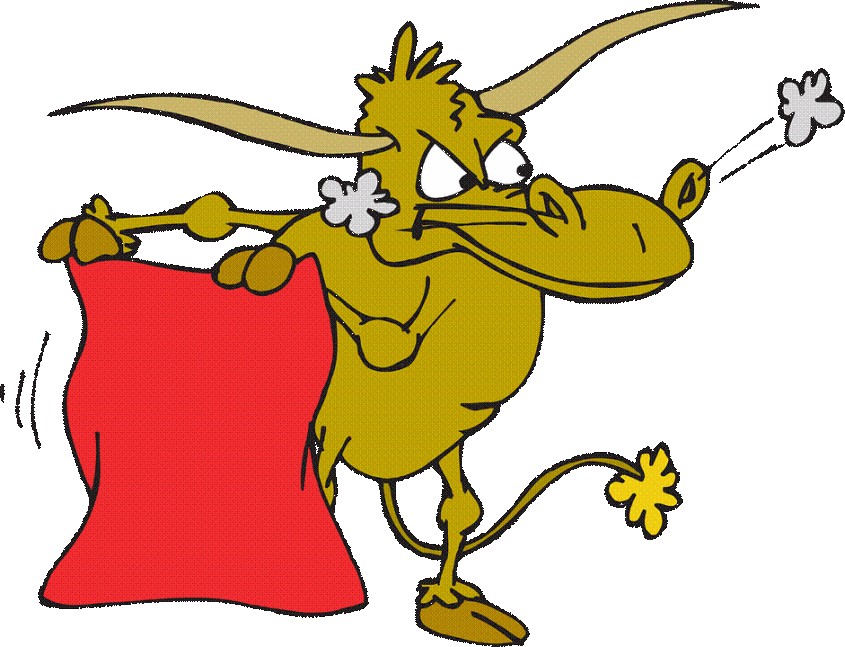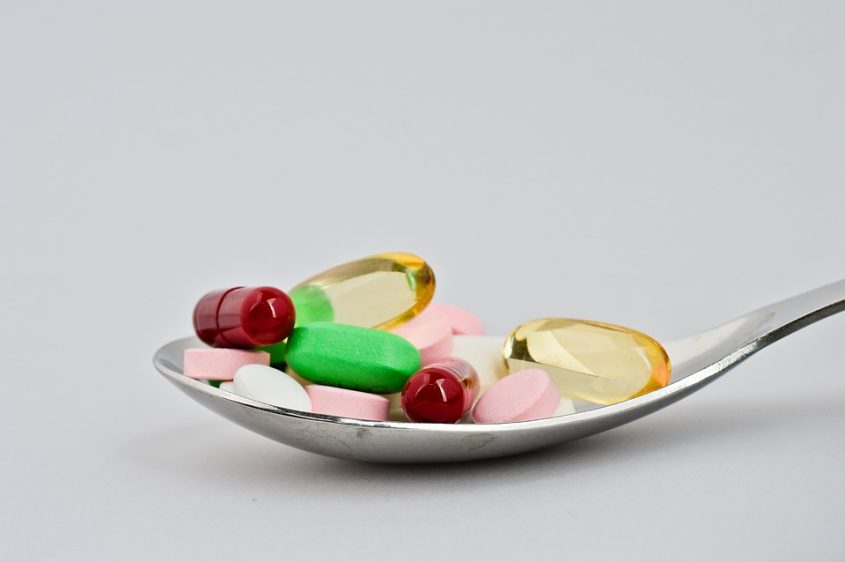
Addiction a dependency on an object, a substance or an activity. As hard as it is to admit, we are all addicted in some way or another. If you want to know if you are addicted do something, take it out of your life for a week and watch your reaction.
People can be addicted to food, phone, TV, a person (like their spouse), work, coffee, alcohol, cigarettes, glue, sex, medication, gambling, drugs and more. I had a friend who was addicted to pain killers. She took them as if she was eating candy, and it became obvious she had an addiction because she could not cope without them and needed more and more of them over time.
It is very important to remember that every addiction we develop is an attempt to fill an emotional and/or physical “hole”. We want it to give us the feeling we are missing without it. This is as true when we talk about drugs as it is when we talk about food.
Addiction is not a logical state. Therefore, there is no point using logic to convince anyone that their addiction is not good for them. They already know! You probably know some people who eat too much sugar, although they know it is not good for them. This includes even people who are clearly overweight or suffering from diabetes.
The problem with addiction is that people feel that the “thing” they use is necessary and without it, something horrible is going to happen. Addiction is a sign of enormous fear.
People in this state will do anything, and I mean anything, to satisfy the need for that feeling. They will sacrifice what they believe it, compromise their values, betray their friends, waste their money, time and energy and even hurt their families to get what they need. And yes, they know that every “fix” is temporary, but in their start of mind, even minute of it is worth everything.

When people are addicted, their brain shuts down. It is like being under extreme stress. Higher brain functions stop and the person’s focus narrows into getting what they want at all cost. Think of an addict as a raging bull with one target and one target only – the red cape!
If you have an addict in your family, you may feel sometimes like the person holding the red cape. The reason he or she lashes out at you is not that you have what they want, but that you stand between them and the feeling they seek.
Family members are always in the way, because they are not addicted and they can think clearly about the situation. They are not experiencing withdrawal symptoms and they can manage without this substance, object, habit or activity. If you have a family member who is addicted – a child, a partner, a parent or a sibling – you are an obstacle.
Why?
Addicts have something missing in their life. They search for this feeling and believe the thing they “consume” will give them what they think. At the same time, they need connection, they need love and they juggle between their need for love and connection and their need for that “substance”. Having a family is always harder when you are an addict, because you know how your addiction affects others.

Personal development is the key
Personal development is a great way to substitute the addiction with things that can give the required feeling without messing life up. Meditating is a great substitute for drinking alcohol and it is cheaper and healthier. Journaling is a fantastic alternative for addiction to food or drugs and it, too, is cheaper and healthier.
Again, there is no point telling addicts that these are good ways, because they need to do it themselves. This is why it is called “personal development”. Addicts need to discover their own ways to fulfill the missing needs through personal experience and evaluating what works best and what gives them the strongest “kick”.
Support for families is essential
A family member’s addiction can have a very bad effect on the rest of the family. Wrokaholism, alcoholism, drug abuse, medication abuse and gambling are only some examples of addictions that hurt entire families.
Even in mild cases, addicts can drag their families down emotionally and create a vicious cycle that only makes things worse. Family members, feeling down, find it hard to support the addict. Without support, the addict cannot fill their need (as easily).
To get out of the cycle, addicts and their families need help.
While I believe DIY personal development is possible in other situations, I think that external help is essential when dealing with addiction. Also, a holistic approach increases success, so both the addict and his or her family members need help.

The addicts need help to identify the feeling they need and learn ways to get their “kick” in a different way. Family members need help to stay centered, positive and in control.
An addict in the family changes the balance and becomes the “weakest link” in the family. For many families, this “weakest link” can destroy the entire family structure. Therefore, it is important for each member to learn ways to manage feelings and support the addict properly.
If you have an addict in your family, get help! Your family doctor should be a good start.
Be happy!
Ronit











